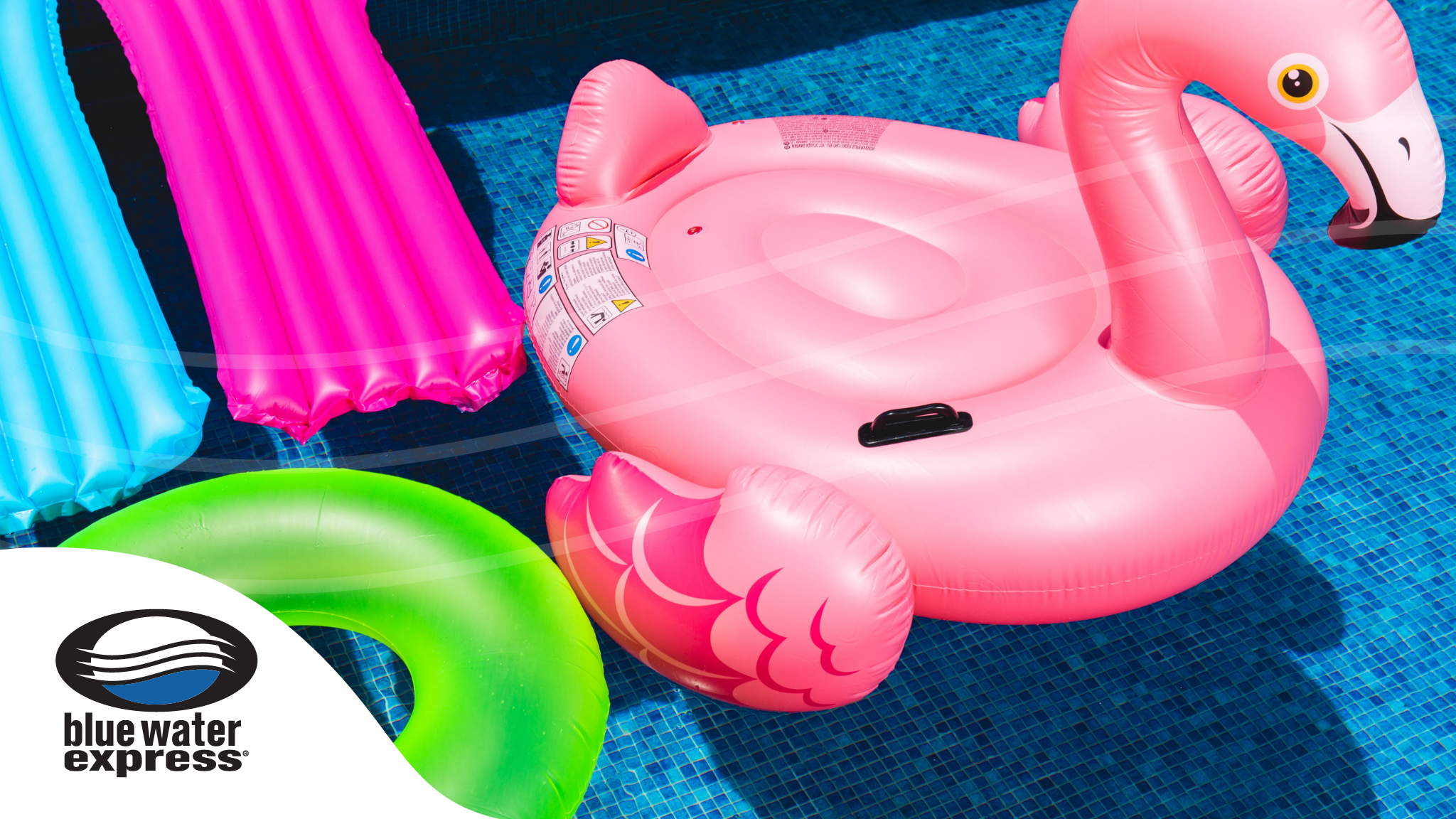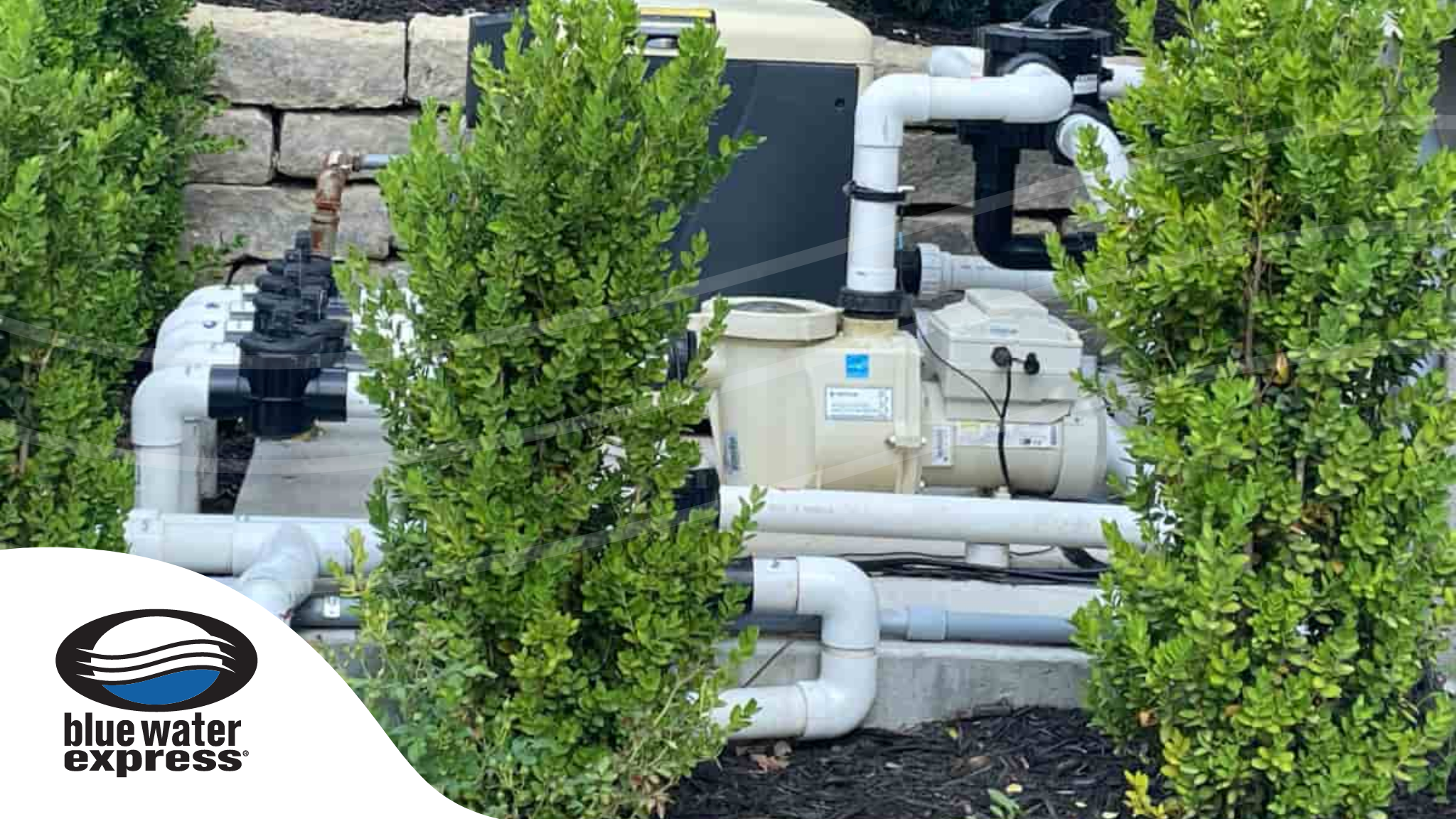Temps are high, skies are blue, and the sun is shining, which can only mean one thing: Summer is here! And with summer comes more frequent dips in the pool, more young swimmers, and hopefully, more safety measures. Curious about which safety advice is actually needed? Check out this list of summer safety tips.
Swim Lessons
If you only take one nugget of knowledge away from this article, let it be this: Teach your kids how to swim! As backyard pools are becoming more and more common, this is the best way to prepare them for summer fun and give you peace of mind. We suggest enrolling your kids in swimming lessons…because let’s face it; you have enough on your hands, and professional swim instructors will know just how to get your little ones from barely doggy paddling to freestyling in no time, eliminating the risk of drowning. And just think: Once your kids are pros at making waves, you won’t need to go to the expense of adding some of the other measures on this list!
Life Guards
Whether you’re in your backyard or at a public pool, lifeguards are key to pool safety. And the good news is: When it comes to at-home swimming, you don’t need to be certified to be one, nor do you necessarily have to hire a professional. Any strong swimmer with an attentive eye can act as a lifeguard (and if they know CPR, even better), but the most important thing is that you have one present at all times. So, need a tan? Get your bronze on while watching the kids swim. Or, better yet, that teenager you know with nothing to do this summer? Looks like they just found a new hobby! No matter how you make it happen, just be sure to have a couple lifeguards on-hand for events lasting more than a couple hours.
Whistles
The sound of a whistle is alarming and loud—which is precisely why it’s so effective at keeping swimmers and onlookers in check. If you’re a public pool frequenter, double-check that the on-duty lifeguards are wearing whistles at all times as this is essential for notifying you, as well as others, of a swimmer in distress (Plus, they’re supposed to be wearing one anyway!). For private, backyard swimming, the same applies: Your designated lifeguard should wear a whistle as long as there are swimmers in or around the pool. Rather than yelling, the sound is a sure-fire way to get everyone’s attention, even over the noise of splashing, talking, jacuzzis, music, etc., and allow for quick and critical communication. If you’d like to take safety a step further, learn about the three common whistle-blows and their meanings here.
Gates and Nets
Nobody likes to lace their beautiful pool with a gate or have to go to the effort of placing a net over it on the regular, but if you have people in your life who don’t know how to swim, you should consider one of these options. A pool gate isn’t easily removed once it’s placed, so it may not be the #1 choice for those most interested in aesthetics. But because pool gates are more permanent, they require zero work on your end and, so long as they are secured, will protect little kids, loved ones, and pets from accidental falls and incidents 24/7. On the flip side, pool nets must be spread over your pool and are typically anchored with hooks. The tension in the net prevents anyone—or anything—from falling in the pool when lifeguards aren’t around. When left uncovered, though, you’ll want to monitor your pool very closely. All that to say: You can’t go wrong. Pick the option that fits your needs. Just pick one
There are more tips we could list, but those are our top picks! We hope they help you have a summer full of nothing but fun and sweet, sunny memories.


